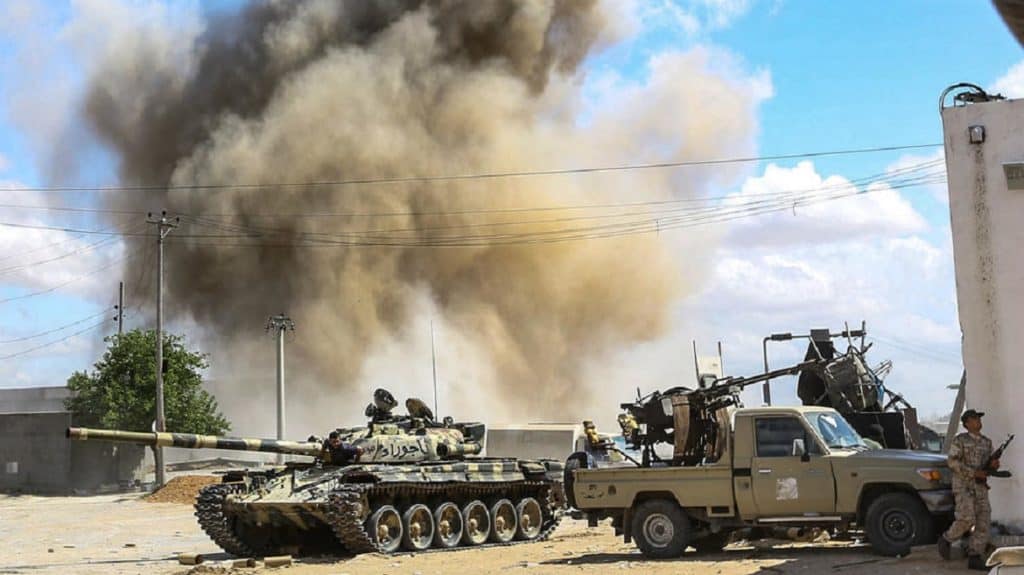By Denis Korkodinov
The organization of the negotiation process between supporters and opponents of the government of Fayez al-Sarraj is likely to lead to detente during the civil war in Libya. Meanwhile, Germany’s mediating role is likely to lead to a brief lull in the Libyan confrontation.
It is worth noting that the organization of the Berlin Conference on Libya is nothing new. In the end, the leaders of the Libyan National Army and the Government of National Accord met several times before, but each time their negotiations had zero result. In turn, the cabinet of ministers Angela Merkel does not have the opportunity to influence the warring parties in Libya, since the opinion of Germany is not authoritative for them.
It was very clear when France, the United Arab Emirates and Egypt provided their venues for meetings between participants in the Libyan crisis. At least each of the organizing countries openly supports either Khalifa Haftar or
Fayez al-Sarraj. However, when Germany took the lead in a new round of negotiations, this seems like an empty promise, since it is unlikely that Angela Merkel is able to somehow influence Libyan affairs and, moreover, guarantee a ceasefire between the LNA and the forces of official Tripoli.
In any case, Paris had its own agenda and a clear program of action when it agreed to the meeting of Khalifa Haftar and Fayez al-Sarraj in La Celle Saint Cloud. This allowed for a short time to balance the possibilities of the Libyan field marshal and the Government of the National Accord. The subsequent meeting of the leaders of the warring parties in Abu Dhabi in March 2019 allowed the UAE to propose a set of anti-crisis measures, the implementation of which, according to the emirates, would contribute to reconciliation.
And, despite the fact that this set of measures was rejected by all parties to the conflict, the merit of Abu Dhabi is that he at least tried to develop an algorithm of actions in the framework of the Libyan dialogue. As for Germany, it still remains a mystery what Angela Merkel can offer to help Libya to emerge from a state of deep crisis.
In addition, Germany, which itself is on the verge of internal political chaos against the backdrop of the rapidly deteriorating health of Angela Markel, is too far from understanding the Libyan problems and is generally not ready to solve them in any way. Just now, the German cabinet is trying to portray its competence in resolving conflicts in the Middle East, hoping, thereby, to earn attention from the White House administration.
Meanwhile, interfering in the process of confrontation between various groups in Libya, Germany will have to negotiate not only with the official Tripoli and Benghazi, but also with Ankara, which is not determined to deprive itself of the opportunity to influence Libyan events. In addition, there is a problem of the influence of the Islamic State, which is one way or another a party to the conflict. Meanwhile, Germany has no levers of pressure neither on ISIS, nor on Turkey, nor on anyone else in Libya.
(The views expressed in this article belong only to the author and do not necessarily reflect the views of World Geostrategic Insights)
Image Source: France24/Mahmud Turkia/AFP







